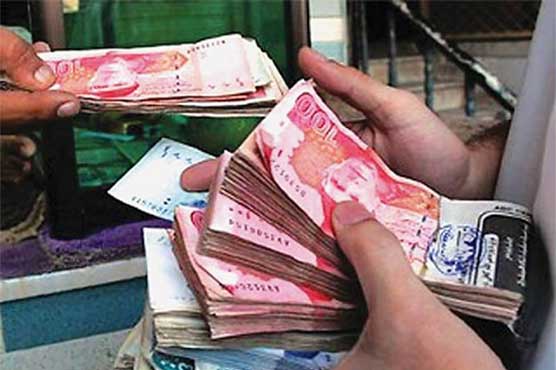Writing for Tribune author Ali Salman highlights that the federal cabinet has recently announced an “austerity package” in Pakistan, which includes a ban on luxury vehicle purchases by the government, early office openings and closures of shopping centers, as well as the sale or lease of government-owned properties. Additionally, ministers are expected to forego pay and perks, while also traveling on economy class. The estimated annual savings from these measures could reach Rs 200 billion.
While these steps towards reducing government expenditure are commendable, the writer questions whether austerity necessarily leads to prosperity. They argue that governments have a monopoly over economic resources, allowing them to overspend without going bankrupt. In contrast, households and private firms already operate within their means and would quickly go bankrupt if they overspent.
Instead, the writer advocates for an end to government ownership and control over primary urban properties, agricultural, commercial, and industrial businesses, and trade of commodities. They propose a prosperity policy that would allow for competitive ownership and control of these economic resources. This policy would help to achieve both government austerity and social prosperity.
However, the writer acknowledges that giving up control and ownership is difficult and politicians may feel powerless once their power to give contracts and jobs through government businesses is taken away. Instead, the government continues to ask businesses and citizens to “do more” and increases the GST as a tool for the same.
The writer argues that shutting down businesses at 8 pm and energy conservation through administrative measures are also futile ideas. Instead, changing the incentive system can encourage people to conserve as a result of pricing. The writer provides an example of the Changa Pani model, a community-managed project of drinking water supply through a pipeline in Bhalwal, which prices water through meters and encourages households to conserve water.
Finally, the writer questions the government’s emphasis on curbing imports as a means to manage the country’s accounts. They argue that restricting imports can strangle trade flow and create a parallel exchange market. Instead, the government should focus on unintended consequences and bring in long-term solutions that promote prosperity rather than just austerity.
To read the full article visit www.tribune.com.pk























